/w
/w
I wish I could draw. But I never really tried. I wish I could write. But I never studied anything about it. I wish I could dance. But I never attend to any class.
I wish many things. But I am never feeling well enough to try anything.
More Posts from Denkeschon and Others

sick tricks

Scarlet Witch 💫💥
//end
On my studies this week my mentor said I should never write negative things, or things that might bring bad emotions or thoughts to people. Therefore, I deleted a bunch of my posts. Happens that I can be very negative when I am sad or tired. I guess it is human to have negative emotions from time to time, specially when the circumstances you are at, are no the best as possible. Thinking on that and putting that together with many other small conversations I had with people during this time, I decided to change, to go after things I should’ve gone way before and to try to be better at the same time as a person, but not only better to other people, but to myself. I need to be kinder to myself, more comprehensive with my emotions and limits. And I honestly think everybody else should too.

Scientists Explore Links Between Genetics, Gut Microbiome and Memory
A new study is among the first to trace the molecular connections between genetics, the gut microbiome and memory in a mouse model bred to resemble the diversity of the human population.
While tantalizing links between the gut microbiome and brain have previously been found, a team of researchers from two U.S. Department of Energy national laboratories found new evidence of tangible connections between the gut and the brain. The team identified lactate, a molecule produced by all species of one gut microbe, as a key memory-boosting molecular messenger. The work was published in the journal BMC Microbiome.
“Our study shows that the microbiome might partner with genetics to affect memory,” said Janet Jansson, a microbial ecologist at Pacific Northwest National Laboratory and a corresponding author of the study.
Scientists know that mice which have been fed microbes that benefit health, called probiotics, experience several positive benefits. Scientists also know that microbes produce molecules that travel through the blood and act as chemical messengers that influence other parts of the body, including the brain. However, it wasn’t clear which specific microorganisms and microbial molecular messengers might influence memory until now.

(Image caption: Lactobacillus, a common probiotic, grow in a petri dish. Credit: Rattiya Thongdumhyu | Shutterstock.com)
“The challenge is that a mouse’s unique genetic makeup and environmental conditions also impact its memory and microbiome,” said Antoine Snijders, a bioscientist at Lawrence Berkeley National Laboratory (Berkeley Lab) and co-corresponding author. “To know if a microbial molecule influenced memory, we needed to understand the interaction between genetics and the microbiome.”
The microbiome’s impact on memory is a very active research area now, he added, with more than 100 papers published in the last five years on links between common probiotics and memory.
Mouse genetics influence memory and gut microbiome
Before they could start hunting for molecules that might be involved with memory improvement, Jansson, Snijders and their colleagues needed to determine how genetics influence memory.
The researchers started with a collection of mice called the Collaborative Cross. They bred 29 different strains of mice to mimic the genetic and physical diversity of a human population. It includes mice of different sizes, coat colors and disposition (e.g., timid or bold). Researchers also know the genome sequences of each strain.
First, the team gave each strain of mice a memory test. Then they screened each strain for genetic variations and correlated these variations to the memory results. They found two sets of genes associated with memory. One was a set of new candidate genes for influencing cognition, while the other set of genes was already known.
Next, the researchers analyzed the gut microbiome of each strain so they could make microbial connections to the genetics and memory links they already had. They identified four families of microbes that were associated with improved memory. The most common of those was a species of Lactobacillus, L. reuteri.

(Image caption: An illustration of nerve cells in the hippocampus, the region of the brain linked to memory formation. Credit: Kateryna Kon | Shutterstock.com)
To test this association, the researchers fed L. reuteri to germ-free mice without any gut microbes and then tested the mice’s memory. They saw a significant improvement relative to germ-free mice not fed microbes. They also found the same improvement when they fed germ-free mice one of two other Lactobacillus species.
“While a link between Lactobacillus and memory was previously reported, we also found it independently in this unbiased genetic screen,” Snijders said. “These results suggest that genetic variation in large part controls memory, as well as the differences in the composition of the gut microbiome across strains.”
Diet and probiotics boost memory
Finally, the researchers wanted to identify which microbe-related molecules might be involved with memory enhancement. They analyzed stool, blood and brain tissue from germ-free mice each fed a specific species of Lactobacillus. Lactate was one of the common metabolic molecular byproducts; it is also a molecule that all Lactobacillus strains produce.
The team fed lactate to mice previously identified to have poor memory and noticed that their memory improved. Mice fed lactate or Lactobacillus microbes also had increased levels of gamma-aminobutyric acid (GABA), a molecular messenger linked to memory formation in their brains.
To see if the same molecular mechanism might apply in humans too, the researchers contacted Paul Wilmes, at the University of Luxembourg, who developed a tiny chip that mimics where microbes interact with human intestinal tissue. When Wilmes and his colleagues tested L. reuteri in this chip, they saw that lactate produced by the microbes traveled through the human gut tissue, indicating that it could enter the bloodstream and potentially travel to the brain.
“While this research strengthens the idea that diet, genetics, and behaviors—like memory—are connected, further work is needed to show if Lactobacillus can improve memory in humans,” Jansson said.
Snijders agreed, adding that it might be possible one day to use probiotics to improve memory in targeted populations, such as people with learning disabilities and neurodegenerative disorders.
Anyway, my sister-in-law would like me to remind everyone that speculative fiction magazine Strange Horizons (and its multilingual sibling magazine, Samovar) are 100% free to read, are always looking for stories by and about marginalized people (all flavors of queer/non-straight/non-cis and intersex, POC, disabled, etc forever), and pay their authors, artists, and translators professional rates for stories that are available to read for free online. They are especially proud to focus on content about a particular identity whenever bigots get up in arms about their inclusion (or, as was the case with the Sad/Rabid Puppies and the Hugos a few years back, have completely misunderstood what the magazine and its staff stand for).
Thank you, that is all.
So long, so gone
What have you been doing all this time? Did you learn anything new? Did you try anything new? Did you live or survived?
Maybe we should all really try harder -not on the emotional meaning of course-- but on the physical and rational way, go for it, try it, risk it.
Are the rumors about the ozone layer being totally fixed true ? If yes , is it susceptible of being opened again ans if no, is it suspecte
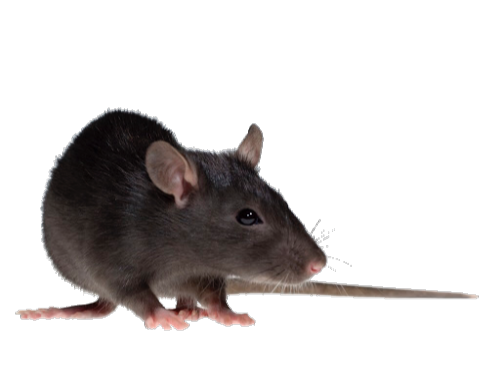

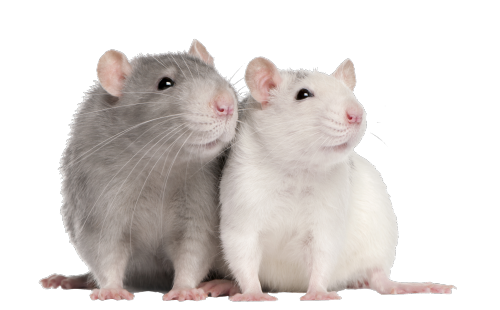
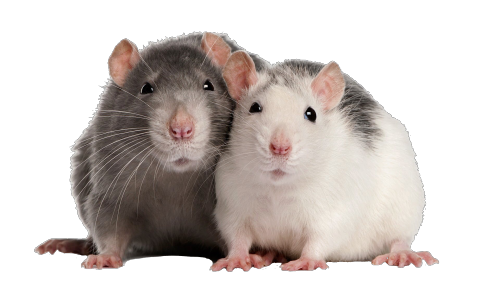
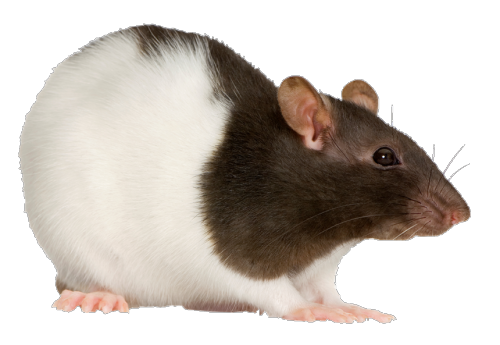
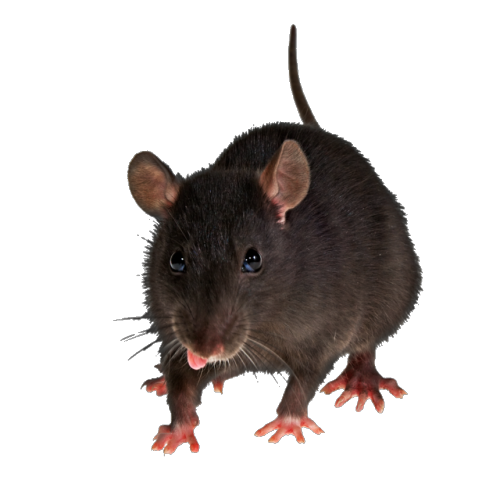
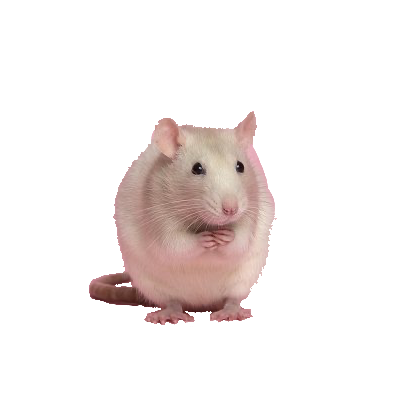
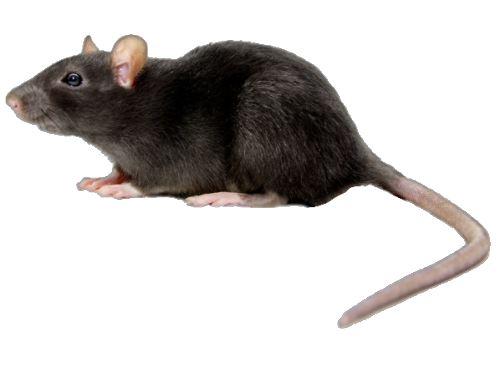
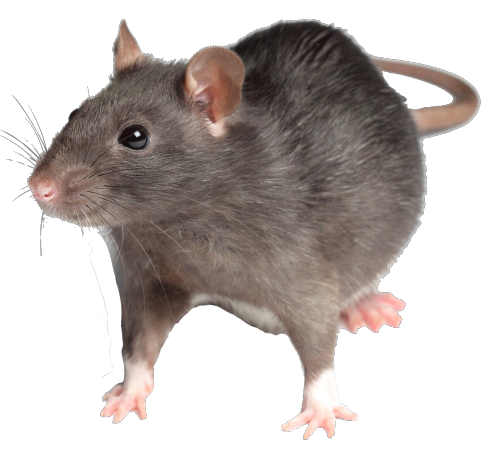
𝖗𝖆𝖙𝖘 𝖎





The Painted Lady 🌙 this has always been one of my favourite episodes from season 3!

work in progress /some art /venting out /writer at random opp / “My soul is the mirror of the universe, and my body is its frame.”-Voltaire;
86 posts